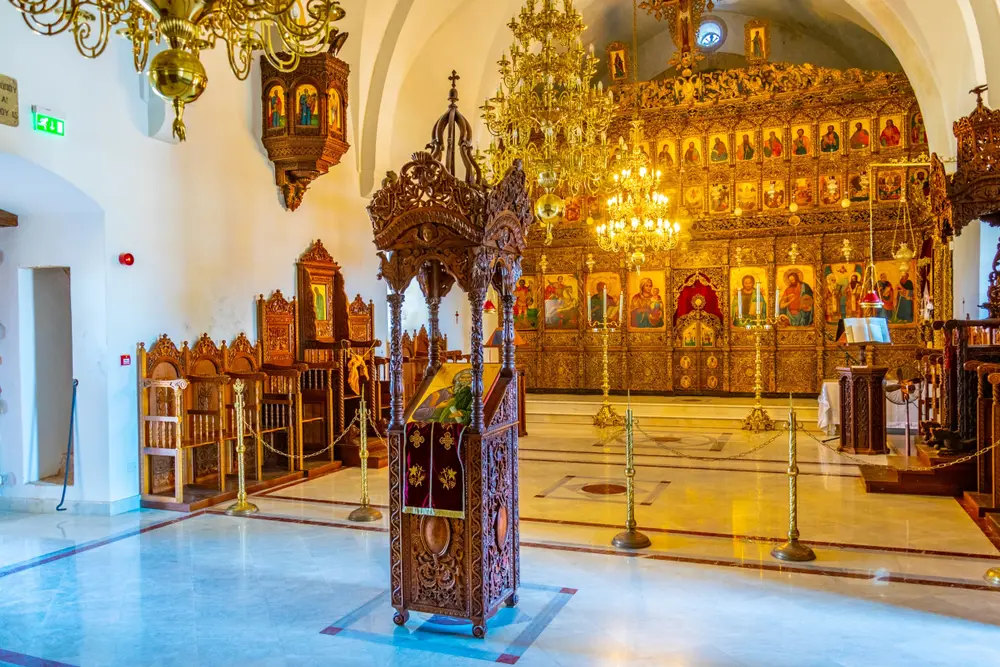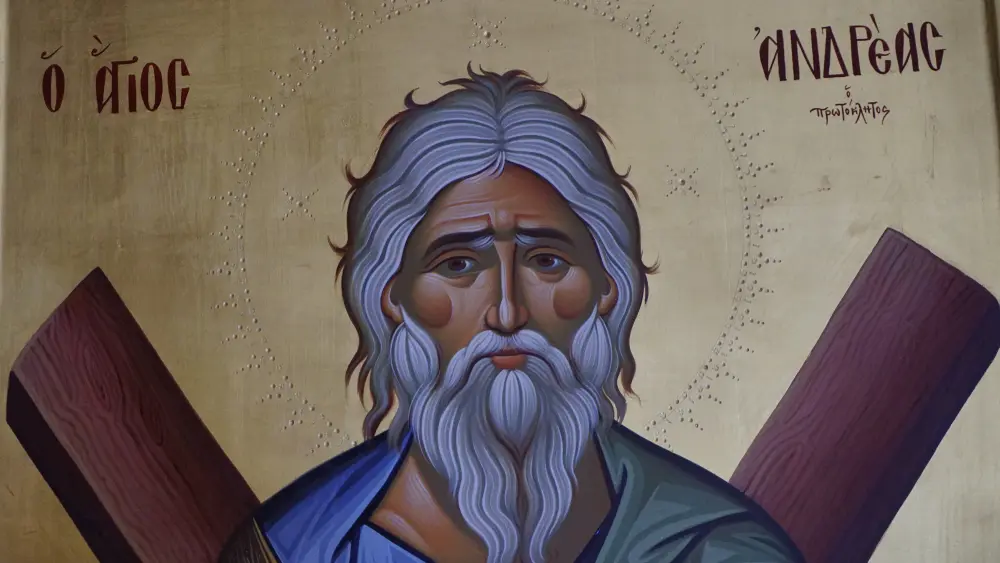
Plans to partially convert a historic Cypriot monastery into a mosque have incurred the wrath of ecclesiastical authorities and Cypriot nationalists, as authorities in the Turkish-occupied north of the country temporarily shelved the idea following a very public backlash.
An announcement late last month of a proposal by local Islamic groups to build a Muslim prayer centre (masjid) on the grounds of the Apostolos Andreas Monastery sparked national outrage as officials in the south of the island said it was “unthinkable” that the plans could go ahead.
The twelfth-century Apostolos Andreas Monastery—associated with St. Andrew the Apostle, despite being located in the Turkish-occupied north-eastern quadrant of the island—has been compared to the “Lourdes of Cyprus” by many historians and is a site of paramount religious importance to the island’s Orthodox Christian community.

Cyprus has been divided for almost half a century following Turkey’s invasion of the island in 1974, which led to the establishment of the puppet state of the Republic of Northern Cyprus, recognised only by Ankara, as well as population exchanges between the two zones.
Roughly one-fifth of the island’s 1.2 million total population is Muslim, primarily originating from 16th-century settlers who came to the island after the Ottoman conquest. The occupation of Cyprus is a major sticking point in EU-Turkish relations and one of the many reasons for Turkey’s famously stalled application to join the EU.
A local bishop has condemned plans to build a permanent Islamic prayer centre on the grounds of the monastery, which is currently undergoing restoration work. According to the bishop, Turkish officials have already moved Islamic prayer mats into the monastery without consulting with monks and are preparing for the long-term construction of a mosque on site.
The move has stirred up very recent historical memories on the island, where an estimated 550 Greek Orthodox monasteries, churches, and chapels were desecrated following the Turkish invasion, with many Christians forced to flee the northern half of the island for fear of persecution.
Northern Cyprus’s former prime minister, Tufan Erhurman, has voiced opposition to the conversion of the monastery, saying that such a brazen sectarian move would damage the island’s cultural heritage and inflame tensions.

Despite this, Northern Cyprus’ transport minister has scolded opposition to the plans as a type of “verbal diarrhoea” and vowed to go ahead with the plans eventually, regardless of the temporary setback.
The matter of Apostolos Andreas Monastery was raised in the European Parliament by socialist MEPs Giorgos Georgiou and Niyazi Kizilyürek, who linked the move to direct Turkish financial backing and asked the Commission what steps it would take to protect Cyprus’s Christian heritage.
The status of religious buildings has been of major symbolic importance in Turkey’s recent turn away from the West, as shown by the dispute regarding the status of Istanbul’s Hagia Sophia mosque, formerly a Christian cathedral, which returned to functioning as a mosque in 2020 at the behest of Ankara’s nationalist AKP government.
Meanwhile, in Greece, the centuries-long Ottoman occupation of the country contributed to a ban on the construction of new mosques, which only ended in 2020 to facilitate recent immigrants from Pakistan and the Middle East.
